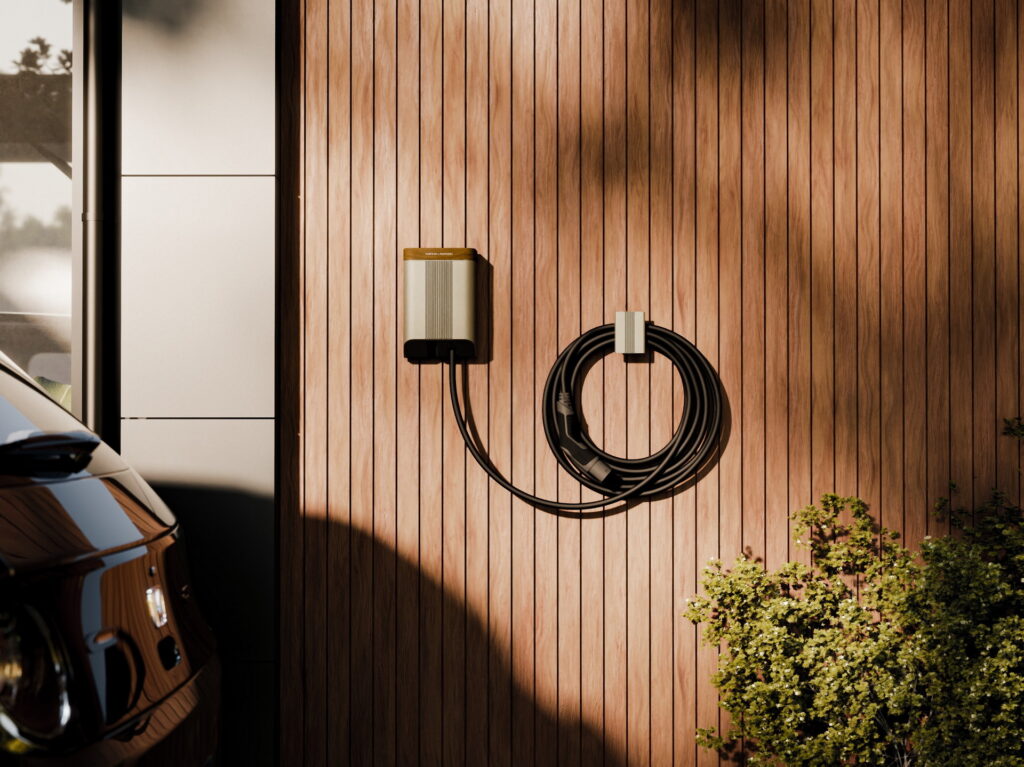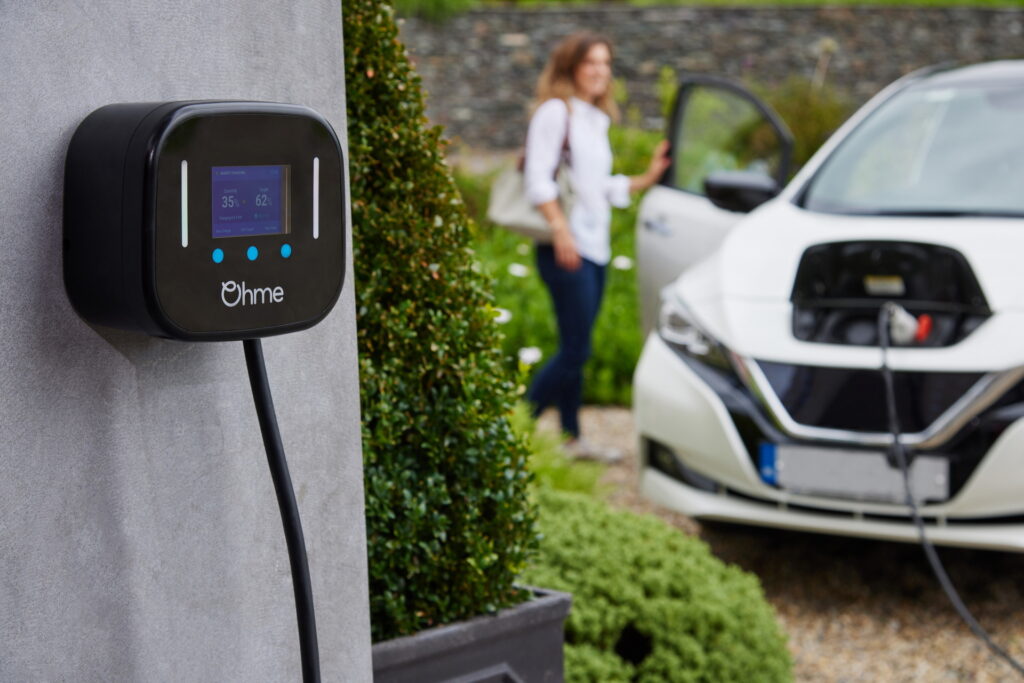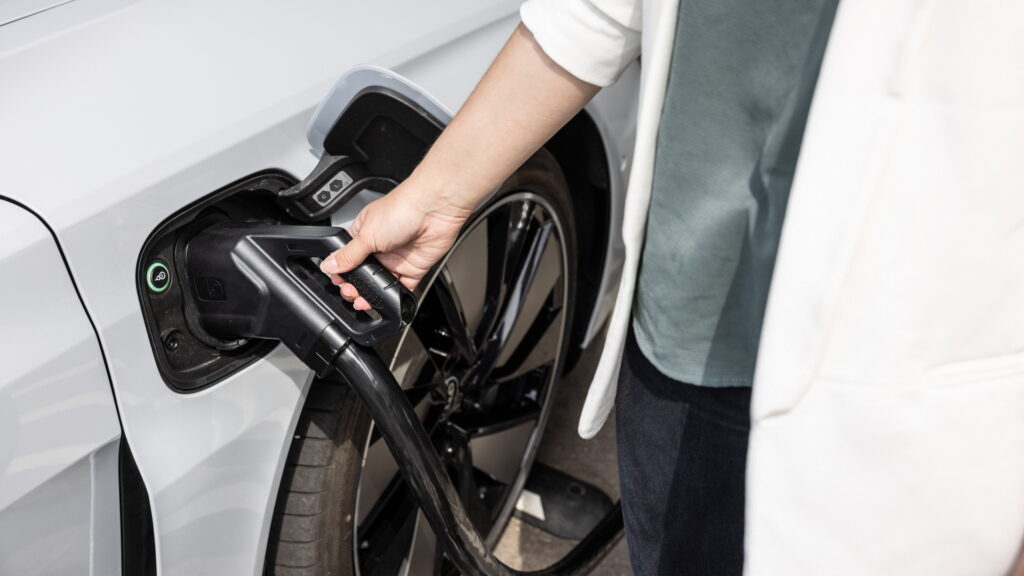The U.K. government announced today that it will invest £16 million ($19.6 million USD at current exchange rates) in smart charging technology with an aim to allowing drivers to charge when energy is cheapest or greenest.
“We want to make smart charging an easier choice for drivers of electric vehicles, whether that is charging on the driveway, at the workplace, or parked on the street,” said Energy and Climate Minister Graham Stuart. “To do that we need to build new network infrastructure at pace, using the latest available technologies.”
The government will work with energy regulator Ofgem to fund projects that allow drivers to charge their EVs more efficiently. The plan aims to make it easier for EV owners to charge when energy rates are cheap, or when there is surplus energy, as well as to make bi-directional charging available to more people.
Read: Californians Should Charge EVs During The Day Not During “Off-Peak Hours”, Study Finds

The government hopes that measures funded by this program will help drivers save money while they charge. It estimates that the average driver could save up to £200 ($245 USD) per year, while high-mileage drivers could save up to £1000 ($1,227 USD) per year through smarter charging.
The plan includes £229,000 ($281,042 USD) in funding for the development of a smart light poles that can charge vehicles on the street and share energy with the grid; £220,000 ($269,997 USD) in funding for software that seeks to reduce barriers to domestic bi-directional charging; and £165,000 ($202,497 USD) for a project that is looking to prolong EV battery lifecycles by monitoring them and advising users on how to use them as sympathetically as possible.
The project also includes funding for domestic projects that aren’t necessarily automotive, such as passive heat pumps, programs that help residents manage energy usage to maximize renewable energy consumption, and more.
“This latest innovative plan will help to maximize the benefits of smart charging, offer vital savings to consumers and reduce the overall cost of energy by seizing the opportunities to use batteries to both power homes and fuel the wider grid,” said Neil Kenward, Ofgem’s director for strategy and decarbonization.
The action plan that was delivered today seeks to make smart charging the norm at homes and businesses in the U.K. by 2025. By the late ’20s, it aims to make smart charging more common at public charging locations, too.





